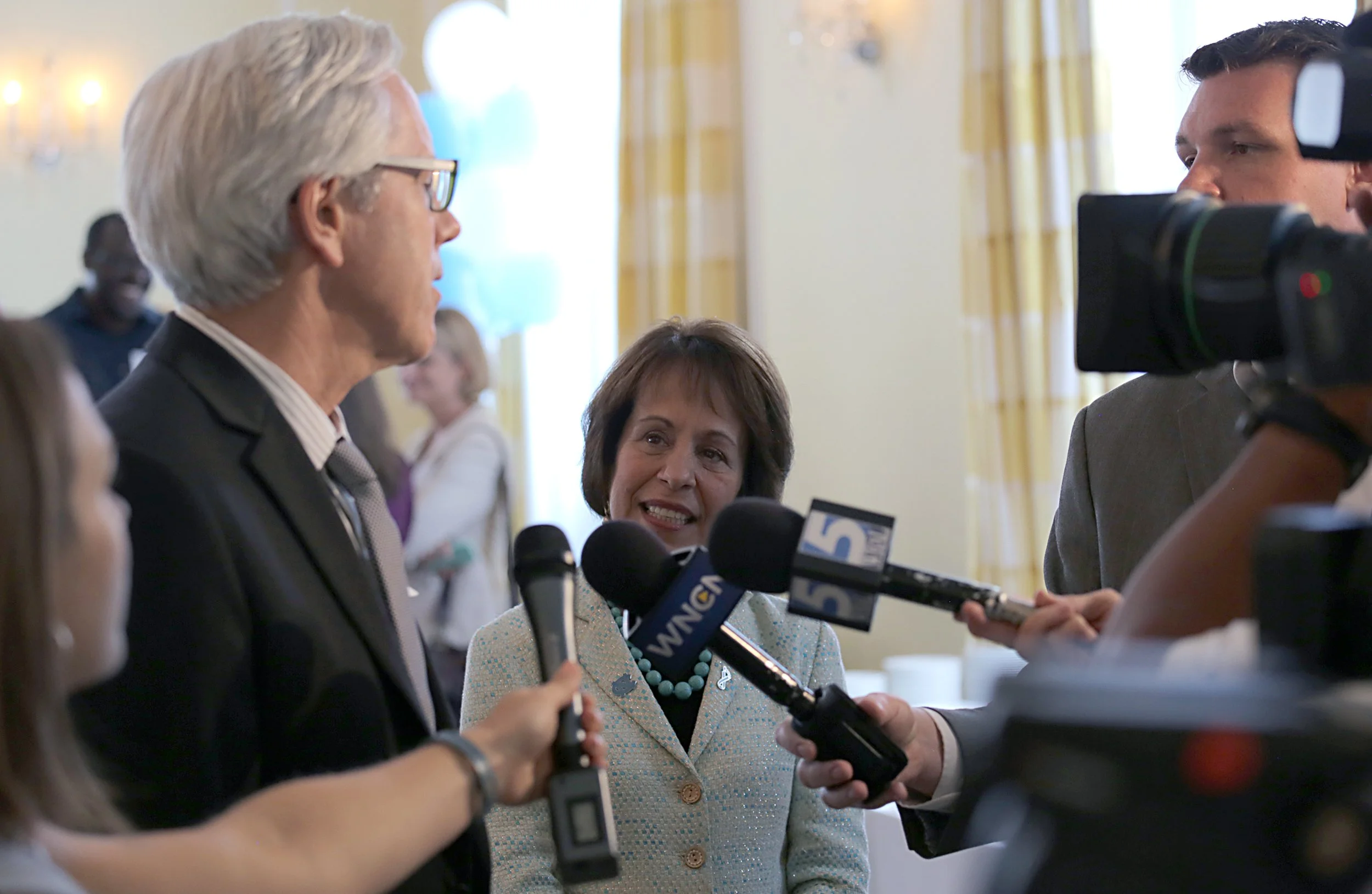
Dr. Thomas’s perspectives on global health are based in more than 30 years of research as a social epidemiologist and ten years of leading a project working in more than 40 countries. Within social epidemiology, he has addressed social forces contributing to the distribution of sexually transmitted infections, such as structural racism, illicit drug transportation along highways, mass incarceration, and organizational networks. Listed below are some examples of his research findings.
Research
Organizations working together can control diseases better
Thomas JC, Reynolds H, Bevc C, Tsegaye A. An organizational network analysis perspective on coordination of HIV care and family planning services in Addis Ababa, Ethiopia. BMC Health Services Research 2014;14:22
Thomas JC, Torrone E, Levandowski B, Isler M. Pulling together: Interagency coordination for HIV prevention in ten North Carolina counties. J Public Health Management and Practice 2008;14:E1-6.
Networks of organizations can be strengthened inexpensively
Thomas JC, Reynolds H, Bevc C, Alterescu X, Tsegaye A. Improving referrals and integrating family planning and HIV services through organizational network strengthening. Health Policy and Planning 2015;31:302-8.
Cultural, political, and economic factors can work against the effective implementation of data systems to inform health programs and policies.
Thomas JC. Contextual factors affecting receptivity to an information culture. Global Public Health. 2017;1-11.
Mass incarceration associated with America’s War on Drugs contributed to increased rates of sexually transmitted infections and teen pregnancy.
Thomas JC, Torrone E, Browning C. Neighborhood characteristics affecting sexually transmitted disease rates in Chicago. J Urban Health 2010;87:102-12.
Thomas JC. From slavery to incarceration: Social forces affecting the epidemiology of STDs in the rural South. Sex Trans Dis 2006;33(7 Suppl):S6-10.
Project implementation
From 2012 to 2020, Dr. Thomas was the director of MEASURE Evaluation, a USAID funded project to strengthen the ability of low- and middle-income countries to collect and use data to guide their public health policies. The most recent phase of the project was funded for $232M over five years and was implemented in more than 40 countries. It was the largest single project award in UNC’s history.
Spin-offs from MEASURE Evaluation awere grouped in the Measure Program. Dr. Thomas was director of the Program and the principal investigator of two of its USAID-funded projects: the Tuberculosis Data, Impact Assessment, and Communications Hub (TB DIAH) ($36M over five years), and Measure Malaria ($36M over five years).
Dr. Thomas was the founder and director of Africa Rising, a non-profit organization in East Africa that strengthened African community based organizations by networking them together to teach one another and collaborate.
Teaching on global health
See “Teaching and Speaking” in this website.
(Banner photo of Rio de Janiero by Jim Thomas)
Dr. Thomas answering media questions about the MEASURE Evaluation project at UNC-Chapel Hill, with Chancellor Carol Folt at center.
International staff of the MEASURE Evaluation project.

